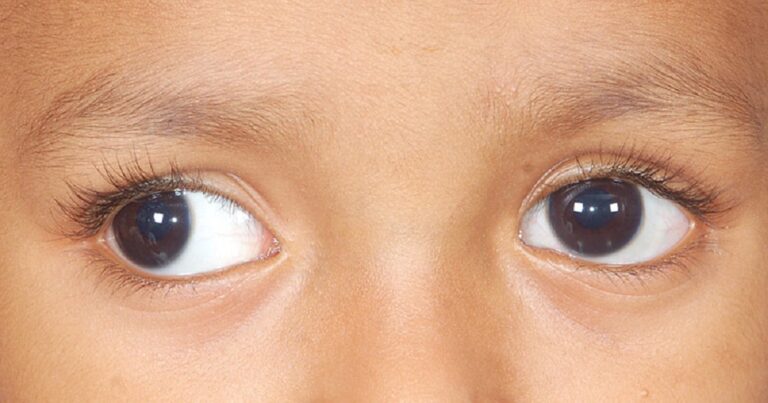
FG has unveiled policy documents on eye health to mark World Sight Day.
Newsonline Nigeria reports that President Bola Tinubu Federal Government on Thursday launched three policy documents on eye health services in the country.
This was even as the government said 1.3 million Nigerians are blind and about 80 per cent of the blindness is from avoidable causes.
Speaking during the launch of the policy documents in Abuja in commemoration of World Sight Day in collaboration with Sightsavers Nigeria, the National Coordinator of the National Eye Health Programme of the Federal Ministry of Health, Dr Oteri Okolo noted that the documents are a clear articulation for the eye health sector of the renewed hope agenda and the present administrations’ drive and commitment to achieving Universal Health Coverage.
This Nigeria news platform understands that the three policy documents are -Strategic Plan, Guidelines and Let Nigeria See Initiative (Jigibola 2.0).
WSD is observed annually on the second Thursday of October as a global event meant to draw attention to blindness and vision impairment.
The 2023 WSD is themed “Love your eyes at work”.
Okolo said recent demographic shifts towards an increasing life expectancy and ageing and hence more age-related eye health conditions.
“Furthermore, globalisation, unhealthy lifestyle choices and the demands of modern work styles reiterate the need to plan for non-communicable eye health conditions like glaucoma already the second cause of blindness in Nigeria and diabetic retinopathy a sight-threatening complication of Diabetes which is already an epidemic rise,” she added.
In his remarks, the Minister of State for Health and Social Welfare, Dr Tunji Alausa, said 24 million Nigerians were living with treatable sight loss. At the same time, the leading two causes of blondness are untreated cataract and uncorrected refractive errors.
Alausa said the policy documents will build the foundations to deliver change across the life course: access to eye health services for school children through school eye health programmes, establishing the potential to unlock learning for millions of children being held behind.
According to him, the goal of the initiative is to complement the government’s efforts while strengthening the eye health system to contribute to the achievement of the Sustainable Development Goals; empowering Nigerians to learn, earn and thrive.
He said the initiative will also integrate eye health services into primary healthcare to ensure the treatment of basic issues.
“The interventions will be coordinated through the National Eye Health Programme of the FMoH through Short Term Philanthropy Focused Model and others.
“This model will be implemented by the NEHP in partnership with multiple stakeholders both national and international to undertake the expanded training of primary health workers in eye health, providing the key platform for the delivery and integration of eye care services: Already ongoing by FMoH, Sightsavers and CBM,” he stated.
On his part, the Country Director at Sightsavers, Dr Sunday Isiyaku said eye health should be equally available to everyone and no one should be disadvantaged because of where they live, their gender, health, or background.
“But, currently it is inaccessible for some sectors of society and even a luxury for those in urban areas. This needs to change. When we tackle these issues, children can learn, and adults can earn. Eye health equals a ripple effect on the lives of individuals, families, and communities, helping nations to thrive and reducing poverty and inequality,” Isiyaku said.
Also, the Senior Programme Manager, Eye Health at Sightsavers, Dr Selben Penzin said, “We are already working with the government and other partners to improve eye health services and we commend their efforts. However, more needs to be done to ensure eye health is represented in health planning, resourcing, and funding. Including people with disabilities, women, and other marginalised groups, community outreach, and a geographically spread workforce, will help reduce disparity of access.”
Akmodel Groups MD, Bldr. (Dr.) Odegade celebrated mothers at RECRA 2024 with Favour Benson, Dr.…
Federal Executive Council has suspended the Cyber Security Levy. NewsOnline Nigeria reports that the…
ASUU has issued a fresh nationwide strike notice. NewsOnline Nigeria reports that the Academic…
Access Bank (Sl) Ltd has strengthened its leadership team with key board appointments and named…
Aigboje Aig-Imoukhuede has been appointed President of the France Nigeria Business Council. At the…
JAMB has released fresh 36,540 UTME Results. NewsOnline Nigeria reports that the Joint Admissions…